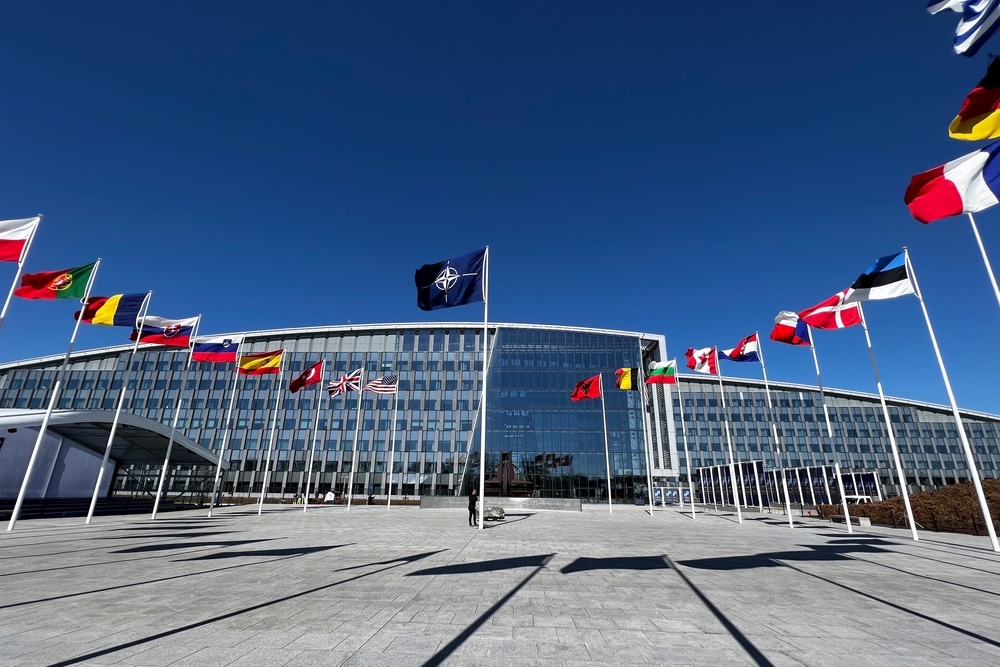Others are reading now
In a significant development, NATO has announced its decision to suspend the CFE (Treaty on Conventional Armed Forces in Europe) disarmament agreement, according to Reuters.
This decision comes in response to Russia’s recent withdrawal from the treaty, a move that has been widely condemned by the alliance.
The CFE agreement, initially established in November 1990, was a crucial component of the post-Cold War era. It was signed by NATO and Warsaw Pact countries, including the Soviet Union, East Germany, and several other Eastern European nations.
The treaty played a pivotal role in reducing the number of conventional weapons in Europe, setting limits on the stockpiling of tanks, armored vehicles, artillery, combat aircraft, and attack helicopters by participating countries.
Also read
In May, Russia signaled its intentions to exit the treaty and has now fully implemented this decision. NATO, in a statement, expressed its condemnation of Russia’s action, viewing it as a direct violation of the treaty’s objectives and an act that further undermines European-Atlantic security.
NATO specifically highlighted Russia’s ongoing war in Ukraine as contrary to the principles of the CFE agreement.
The updated version of the CFE treaty, adopted in 1999, aimed to align the agreement with the security realities of Europe, North America, and the former Soviet Union post-Cold War. The original treaty was signed by 16 NATO countries and six Warsaw Pact members.
NATO has declared that the suspension of the CFE agreement will remain in effect “as long as necessary,” underscoring the seriousness of the current situation. However, the exact date when the suspension will take effect has not been specified.
This development marks a critical juncture in NATO-Russian relations and reflects the ongoing tensions and security challenges in Europe. NATO’s decision to suspend the CFE treaty is seen as a response to Russia’s actions, which are perceived as systematically eroding the stability and security of the European-Atlantic region.


